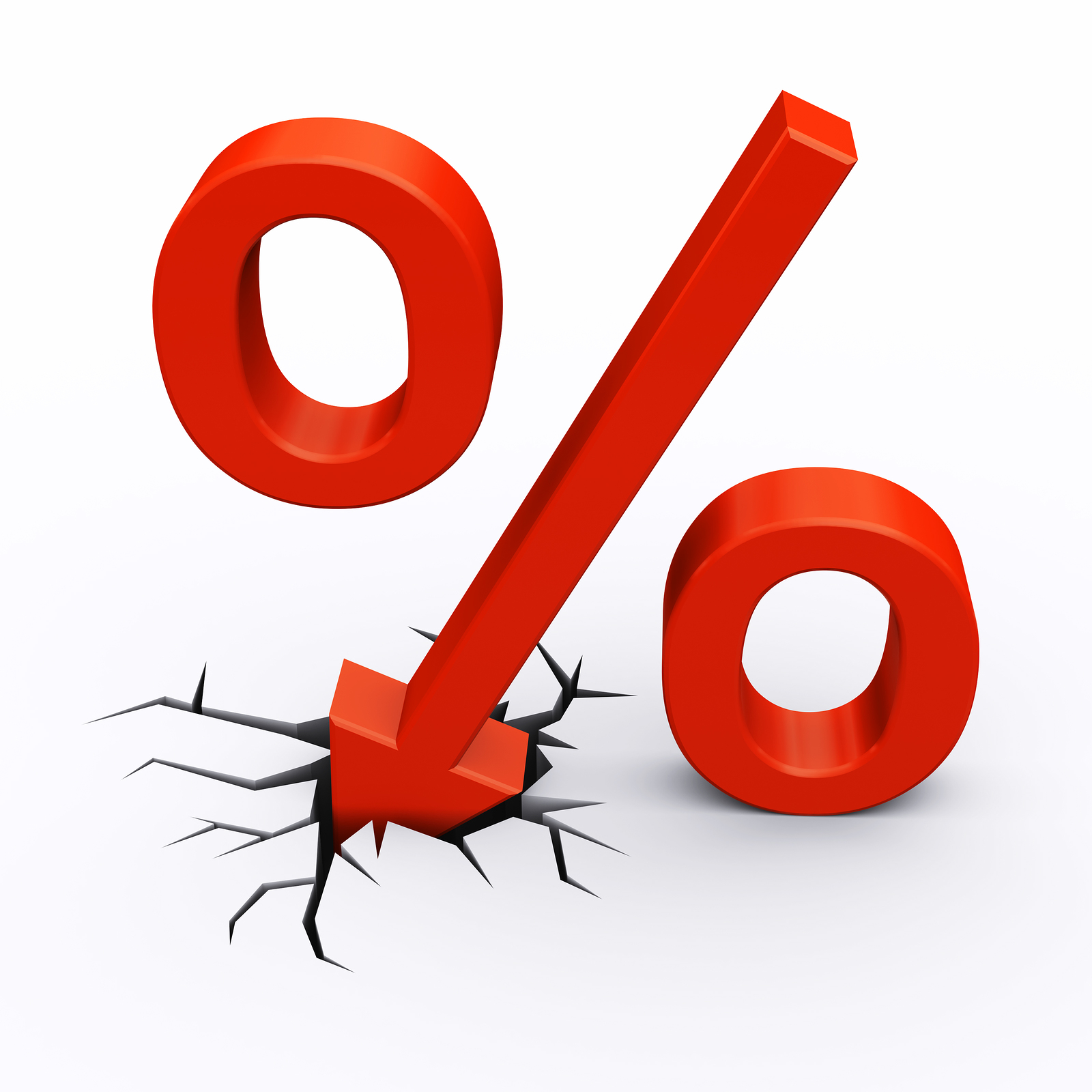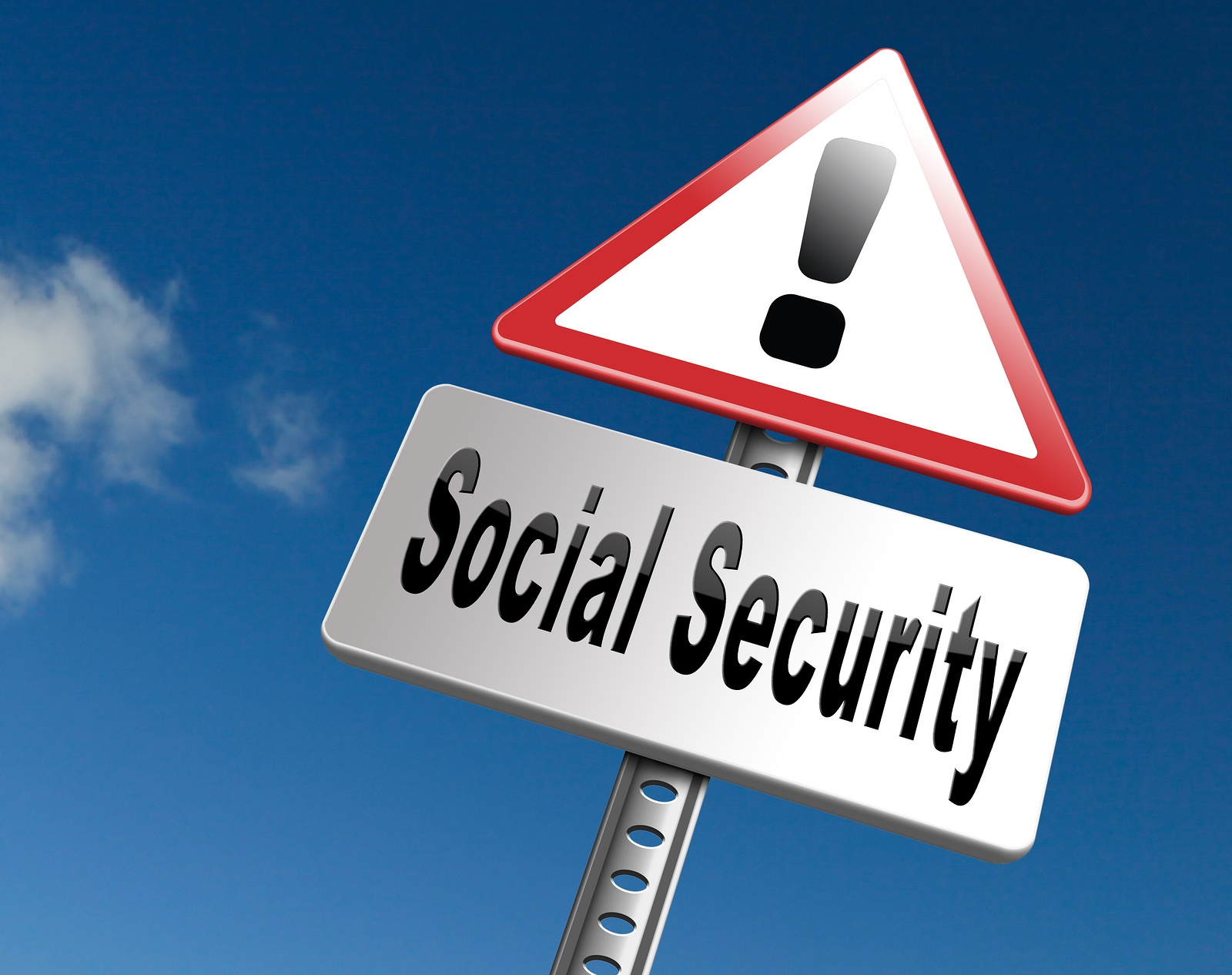May 2020
Emotional Investing in Times of Uncertainty
Investors want to enjoy a good night’s sleep each night because they’ve done their work, know what to expect, and that nothing comes as a surprise to them. However, in times of uncertainty, most of us let our emotions get the best of us, especially about our investments. Part of the luxury of a good night’s sleep is being financially educated and planning for when things don’t go as expected, as well as when they do. With the uncertainty of today, keep in mind what you can and can’t control and help avoid emotional investing:
The CARES Act, RMD, and Hardship Distribution Changes: What You Need to Know
The CARES Act (The Coronavirus Aid, Relief, and Economic Security Act) became law on March 27th, 2020. It contains significant legislation for Required Minimum Distributions (RMD) for those over age 70 ½ who have already started RMD. Under previous IRS distribution laws, a minimum distribution from a pre-tax retirement savings account, such as a 401(k), IRA, or other tax-sheltered accounts, would have to happen in 2020 to avoid the penalty for not taking a distribution. Under the CARES Act, no RMD is required for individuals or beneficiaries of inherited retirement accounts in 2020 due to COVID-19. How will this help investors?
Finding Safety in a Low-Interest Environment
When investors think of ‘safe investments,’ they tend to think of bonds or CDs, which calculate from a pre-determined timeline and interest rates. During a low-interest-rate environment, both provide safety, but not necessarily, the returns investors are seeking. Bonds and CDs have differing benefits and risks despite being viewed by investors as ‘safe.’
COVID-19: Negatively Impacting the Social Security Retirement System
COVID-19 has changed the way we interact with others and our ability to work. Currently, one in four worldwide confirmed COVID-19 cases is occurring in the U.S. The halting of economic activity is expected to damage our economy more than any other previous occurrence. While remote work is happening at some companies, many Americans are unable to collect their regular paychecks and are waiting on unemployment assistance from their state. Undoubtedly this will negatively impact Social Security tax collection and the Social Security Retirement System. Here’s why:










